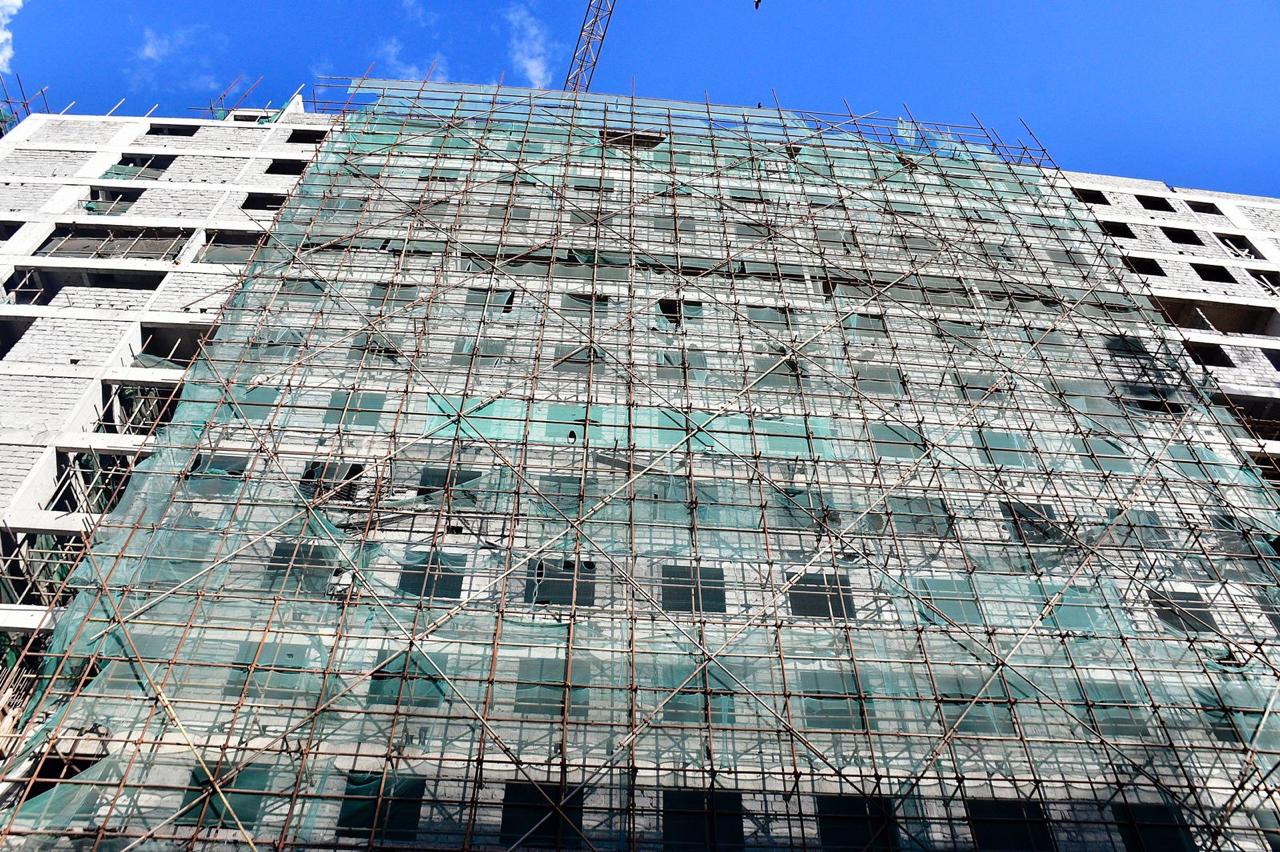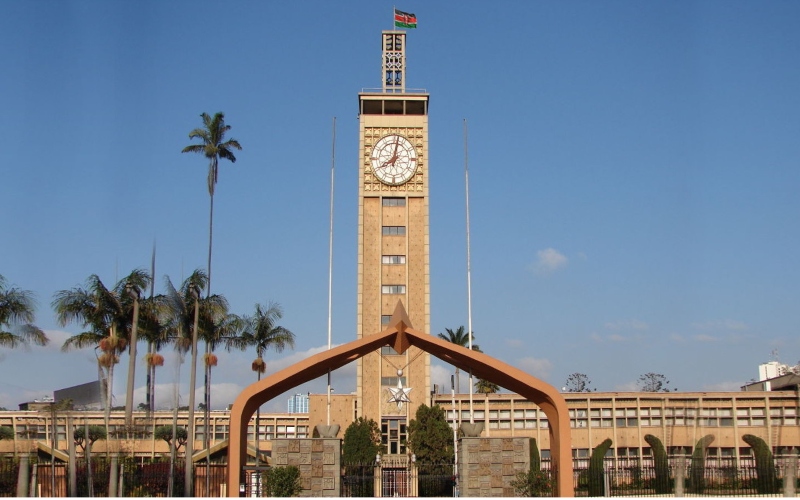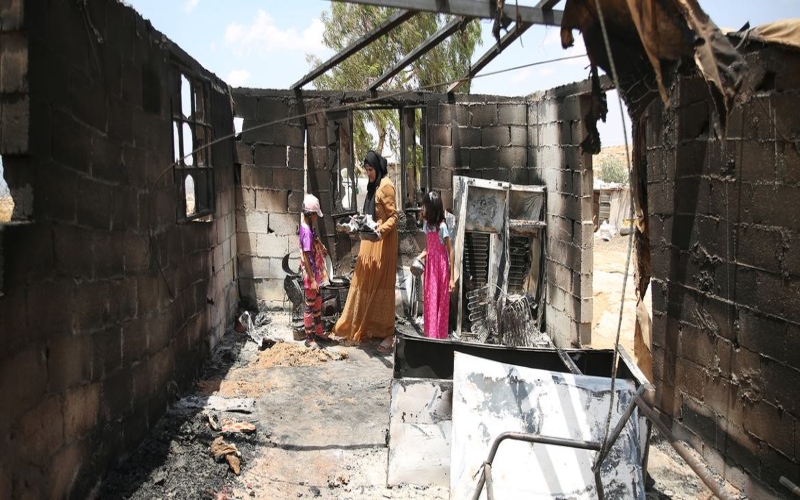Speaker faults Nairobi MCAs for inaction as rogue developments rise across the city

Ng’ondi lamented that City Hall officials have allowed unchecked development of high-rise buildings without adequate oversight or adherence to the law since Sakaja took office in 2022.
Nairobi Governor Johnson Sakaja’s administration has been accused of enabling rogue developments across the city, with County Assembly Speaker Kennedy Ng’ondi alleging that the executive has flouted planning laws, putting residents at risk.
Ng’ondi criticised City Hall officials for permitting unchecked high-rise constructions without proper oversight or legal compliance since Sakaja took office in 2022.
More To Read
- City Hall opens six-month window to regularise non-compliant properties
- Governor Sakaja unveils six-borough structure to enhance service delivery
- City Hall moves to recognise urban farmers in policy review
- We inherited Sh118 billion in pending bills, Nairobi Governor Sakaja tells Senate
- City residents say Nairobi's illegal billboard cleanup favours some areas over others
- Sakaja’s loan request for salaries draws ire from Nairobi MCAs for lack of details
The Speaker claimed Sakaja’s government had approved illegal developments, blaming weak enforcement and laxity from both the executive and the assembly.
“The critical area of concern is physical planning and construction. We have allowed executive officials in the planning department to operate with minimal accountability. This negligence has led to blatant violations of the Physical Planning Act, resulting in substandard buildings and rogue developers prioritising profit over safety,” Ng’ondi told the Nairobi County Assembly last week.
He stressed that the law mandates public participation before approving developments, yet this requirement has been repeatedly ignored.
“This has been disregarded on numerous occasions, leading to high-rise buildings appearing in our wards—sometimes without the knowledge of the very members tasked with safeguarding them,” he said.
“Illegal developments continue to emerge, endangering lives and worsening Nairobi’s urban chaos.”
Ng’ondi urged sectoral committees to demand accountability from the executive, accusing many of neglecting their duties or relying on unverified information from county officials.
“Many committees have abandoned this responsibility, opting instead for second-hand reports from officials. Even when inspections are conducted, their findings are either delayed or lack the necessary detail to hold errant officials to account,” he said.
He also blamed MCAs’ inaction for the assembly’s legislative paralysis, stating that their failure to table and debate crucial Bills had stalled progress and contributed to the collapse of the Ward Development Fund.
“Committees have not been proactive in scrutinising key county projects, budgets, and policies. Some only act after problems arise, making it impossible to prevent mismanagement or wastage of public funds,” he added.
Questions linger over the urban planning sub-committee formed last year to probe alleged interference by Governor Sakaja’s aides in approving new buildings. Its investigation was halted after revelations that individuals close to the governor were influencing approvals.
Additionally, findings from an ad-hoc committee set up nearly two years ago to investigate the sharp decline in county revenue collection remain unpublished, despite assurances from its chairperson that the report was ready for tabling.
The Speaker’s remarks come as residents and neighbourhood associations protest the proposed Nairobi City County Development Control Policy, 2023, which allows buildings of up to 75 storeys in some areas. Critics argue that infrastructure cannot support such developments.
During public forums, residents accused the county of prioritising revenue over essentials like water, electricity, and sewage systems. The Loresho Residents’ Association raised concerns over the policy’s “mixed-use” designation, arguing that some areas are already over-commercialised.
Residents also questioned why informal settlements persist despite available land for planned redevelopment, insisting community input must precede approvals.
Concerns were also raised about Nairobi’s capacity to support ultra-high-rises, with existing sewage, drainage, and water systems reportedly overwhelmed. Some estates face frequent drainage issues, forcing homes to rely on boreholes due to unreliable water supply.
The Upper Hill District Association warned that 75-storey buildings could destabilise neighbouring areas, citing risks from deep foundations and potential land weakening. They cautioned that proceeding without infrastructure upgrades could lead to long-term safety hazards.
Top Stories Today











































